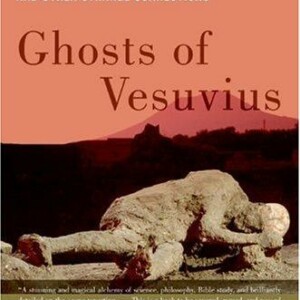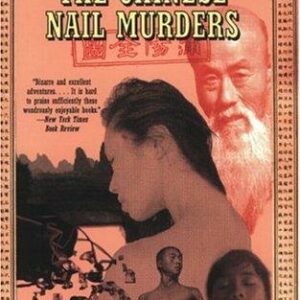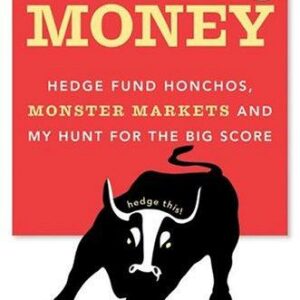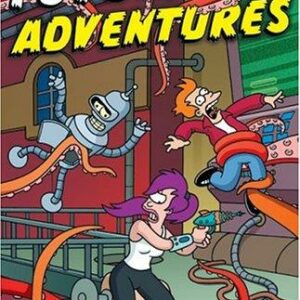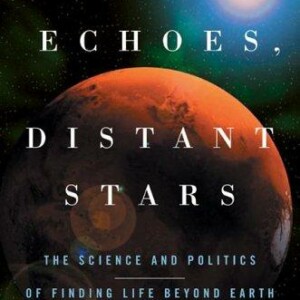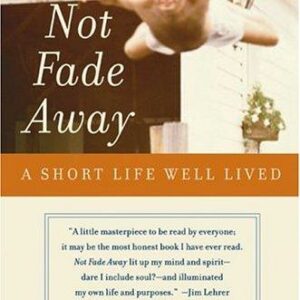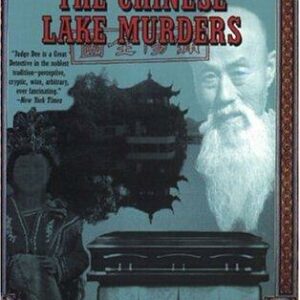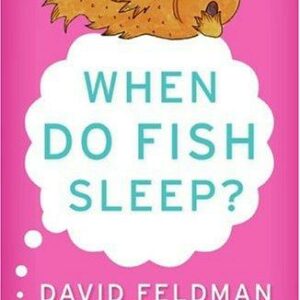City of God
$18.00
| Title | Range | Discount |
|---|---|---|
| Trade Discount | 5 + | 25% |
- Description
- Additional information
Description
St Augustine, bishop of Hippo, was one of the central figures in the history of Christianity, and City of God is one of his greatest theological works. Written as an eloquent defence of the faith at a time when the Roman Empire was on the brink of collapse, it examines the ancient pagan religions of Rome, the arguments of the Greek philosophers and the revelations of the Bible. Pointing the way forward to a citizenship that transcends the best political experiences of the world and offers citizenship that will last for eternity, City of God is one of the most influential documents in the development of Christianity.
For more than seventy years, Penguin has been the leading publisher of classic literature in the English-speaking world. With more than 1,700 titles, Penguin Classics represents a global bookshelf of the best works throughout history and across genres and disciplines. Readers trust the series to provide authoritative texts enhanced by introductions and notes by distinguished scholars and contemporary authors, as well as up-to-date translations by award-winning translators.City of GodChronology
Introduction
Further Reading
Translator’s Note
Arrangements and Contents of the City of God
Abbreviations Used in References
Concerning the City of God, Against the Pagans
Part I
Book I
Book II
Book III
Book IV
Book V
Book VI
Book VII
Book VIII
Book IX
Book X
Part II
Book XI
Book XII
Book XIII
Book XIV
Book XV
Book XVI
Book XVII
Book XVIII
Book XIX
Book XX
Book XXI
Book XXII
Index
St Augustine of Hippo was the great Doctor of the Latin Church. Born in North Africa in AD 354, he was brought up as a Christian and at 16 went to Carthage to finish his education. Until 387, Augustine followed the Manichean religion and founded his own school of rhetoric in Rome. After his baptism, he returned to Africa and lived in the community he formed there until his death in 430. His written output there includes Confessions and City of God, among over 113 books.
Henry Bettenson (1908-1979) was educated at Bristol University and Oriel College, Oxford. He taught Classics for 25 years at Charterhouse ‘Documents of the Christian Church’ and ‘Early Christian Fathers’.
Dr Gill Evans teaches medieval intellectual history, medieval theology and ecumenical theology in the Faculty of History at Cambridge. She has published widely in this area.
INTRODUCTION
City of God opens a vast window on a range of religious, scientific, historic, and aesthetic concerns. E. L. Doctorow’s novel promises to strike readers as a wonderfully unusual novel with a liberating narrative technique that breaks many of the so-called “rules” of the novel and also echoes and riffs on styles and themes from a wide range of literary and historical antecedents. The works of such disparate authors as John Dos Passos, Virginia Woolf, Walter Benjamin, Tony Kushner, Elie Wiesel, and Jorge Luis Borges might be discussed alongside City of God with fruitful results.
A novel as thematically playful, nonlinear, and wide-ranging as City of God invites a similarly atypical approach to discussing it in a reading group. Hardly a narrative suitable for chapter-by-chapter analyses and succinct plot summaries, Doctorow’s novel concerns itself centrally with the kind of capital “M” mysteries (the natures of God, creation, and human destiny) that finally defy satisfying solutions. Casting readers as apprenticing detectives to the Reverend Dr. Thomas Pemberton, the self-anointed Divinity Detective, City of God allows for a lot of intellectual “play” and features what Doctorow has called a “kitchen sink” prose style. The book conflates all sorts of literary forms and genres and serves up a stew of fragmented biographical sketches, Homeric verse poems, prayers, and jazz-like improvisations on pop standards, all of which orbit around the narrative’s central issue—the mystery of the stolen cross.
The plot of City of God, such as it is, will likely seem confusing to readers because it is so fragmented and jittery, and because the narrative, especially at the outset, rarely supplies us with the standard clues to establish who is speaking and what the situation is. A useful metaphor which could be discussed and assigned to the novel is that of an intricate puzzle, the assembly of which is up to the reading group to perform together. Perhaps more than any book since Joyce’s Ulysses, City of God all but defies critical distillation or reduction. And like Ulysses, City of God is more than anything a work of skilled mimesis, mirroring in prose the nature of one New York writer’s consciousness and concerns at the dawn of the twenty-first century.
ABOUT E. L. DOCTOROW
Named for Edgar Allan Poe, Edgar Lawrence Doctorow occupies a central position in the history of American literature. On a shortlist that might also include Philip Roth, Toni Morrison, John Updike, Saul Bellow, and Don DeLillo, E. L. Doctorow is generally considered to be among the most talented, ambitious, and admired novelists of the second half of the twentieth century. Long celebrated for his vivid evocations of nineteenth- and twentieth-century American life (particularly New York life), Doctorow has received the National Book Award, two National Book Critics Circle Awards, the PEN/Faulkner Award, the Edith Wharton Citation for Fiction, the William Dean Howell Medal of the American Academy of Arts and Letters, and the presidentially conferred National Humanities Medal.
Doctorow was born in New York City on January 6, 1931, and, like the novelist Everett in City of God, attended the Bronx High School of Science. After graduating with honors from Kenyon College in 1952, he did graduate work at Columbia University and served in the U.S. Army, which stationed him in Germany. In 1954, he married Helen Setzer. They have three children. Doctorow was senior editor for New American Library from 1959 to 1964 and then served as editor in chief at Dial Press until 1969. Since then, he has devoted his time to writing and teaching. He holds the Glucksman Chair in American Letters at New York University and over the years has taught at several institutions, including Yale University Drama School, Princeton University, Sarah Lawrence College, and the University of California, Irvine.
With The Book of Daniel, his third novel, Doctorow emerged as an important American novelist with a strongly political bent. A fictional retelling of the notorious Rosenberg spy case, the novel deftly evokes the complex anxieties of Cold War America, shuttling back and forth in time from the 1950s, when Paul and Roselle Isaacson are convicted and electrocuted, to the late 1960s, when their troubled son, Daniel, a grad student at Columbia, must deal with the consequences of his unusual birthright. The Book of Daniel was adapted in 1983 into the film, Daniel, starring Timothy Hutton and directed by Sidney Lumet. Four years after The Book of Daniel came Ragtime, a dazzling reimagining of the United States at the dawn of the twentieth century by means of a plot that, like City of God, ingeniously brings together real-life figures—such as Henry Ford, J. P. Morgan, Harry Houdini, and Emma Goldman—with an array of invented characters. Ragtime was named one of the 100 best English-language novels of the twentieth century by the editorial board of the Modern Library and was adapted into a successful Broadway musical in 1998.
Widely acclaimed for the beauty of his prose, his innovative narratives, his feel for atmospherics, and above all for his talent for evoking the past in a way that makes it at once mysterious and familiar, Doctorow has created one of the most substantial bodies of work of any living American writer.
PRAISE
“The greatest American novel of the past 50 years . . . reading City of God restores one’s faith in literature.”
—Houston Chronicle
“Sparkles with Mr. Doctorow’s rich language and ideas.”
—The Wall Street Journal
“City of God blooms with a humor and a humanity that carries triumphant as intelligent a novel as one might hope to find these days.” —Los Angeles Times
RELATED LINKS
Billy Bathgate
0-452-28002-8
$12.95
The Book of Daniel
0-452-27566-0
$14.00
City of God
0-452-28209-8
$13.00
Lives of the Poets
0-452-27879-1
$12.00
Loon Lake
0-452-27568-7
$14.00
Ragtime
0-452-27907-0
$11.95
The Waterworks
0-452-27549-0
$14.00
Welcome to Hard Times
0-452-27571-7
$13.95
World’s Fair
0-452-27572-5
$12.95
DISCUSSION QUESTIONS
GB
Additional information
| Weight | 28.4 oz |
|---|---|
| Dimensions | 1.9900 × 5.0900 × 7.7800 in |
| Imprint | |
| Format | |
| ISBN-13 | |
| Author | |
| Audience | |
| BISAC | |
| Subjects | history of rome, penguin classics, ancient history books, history gifts, gifts for history buffs, historical books, history buff gifts, history teacher gifts, roman history, ancient civilizations, holy roman empire, philosophy books, PHI002000, Augustine, penguin classics collection, st augustine, city of god penguin classics, philosophy penguin classics, romans, history, philosophy, religion, classic, classics, roman, history books, world history, PHI022000, rome, rom, religious books, ancient rome, roman empire, ancient history, European history |


